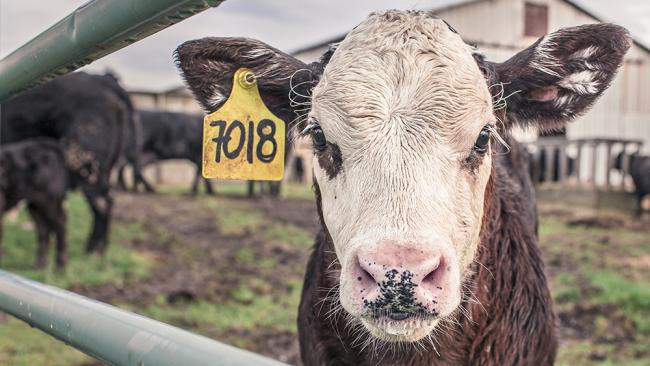
Veterinary Medicine
- Number of students per year: three
- Typical offer: A*AA or equivalent; we accept a wide range of
- Essential subjects: Chemistry and at least one of Mathematics, Physics or Biology
- Useful subjects: Mathematics, Physics, Biology
At 汤头条原创 we are fortunate to have two first rate study facilities for our veterinary students. Unlike most colleges, we have the dedicated Laura Case Medical and Veterinary suite which provides room for undergraduate supervision/revision and space for clinical students to meet for topical conversation in a relaxed setting.
For more general veterinary study and revision, the Quincentenary Library, has an excellent collection of textbooks and resources related to the Medical and Veterinary course.
We have a Fellow teaching in most of the core subjects:
- Professors Kathryn Lilley, Biochemistry
- Dr Matthew Harper and Dr Stephen Hladky, Pharmacology
- Dr Sybil Stacpoole, Neuroscience
- Dr Jim Ajioka, Pathology
- Dr Andrew Grant, Veterinary Medicine
- Dr Ramsay Bowden, Genetics
Our clinical students are also an important part of Veterinary Medicine at Jesus, providing both teaching and mentoring for undergraduates.
Our veterinary students go on to work in a variety of specialisms. Graduates have gone on to everything from small animal practice to research at the Royal College of Veterinary Surgeons.
Medical and Veterinary Society
The student run Medical and Veterinary Society supports students through their six years of study. The Society organises both social and professional events. Around twice a term the Society invites speakers to talk and have informal discussions about their speciality and career path.
Requirements
Our typical offer is for A*AA at A-Level or equivalent. If you are taking four relevant A-Levels you may be asked for A*AAA or A*AAB.
Our Medical and Veterinary course requires a solid grounding in science because the first three years are taught as Natural Science. You should have an A-Level or International Baccalaureate Higher in Chemistry, in combination with Maths, Physics, or Biology.
Preparation
It's important for prospective students to have a good understanding of what it means to be a Veterinarian and what the profession demands.
Work experience is essential to show a practical understanding of the profession. This may include working at a small animal practice or working on a farm with livestock.
Written assessment
All applicants to study Veterinary Medicine must sit the at an authorised assessment centre. You must register in advance to sit the ESAT, and the deadline for registration is 16 September 2024.
Please note that the registration process, including deadlines and test locations, is different from previous years.
Interviews
In 2024-25, we鈥檒l be interviewing shortlisted applicants virtually, with interviews taking place in December.
The interview process aims to assess your intellectual ability, potential, and commitment to the subject. Candidates are typically interviewed by at least three subject specialists, including the Director of Studies, and total contact time will be between 35-50 minutes in total. This could be in a single interview, or in separate interviews. Further details will be made available to candidates closer to the time.
.
Written work
You don't need to submit any written work.
International applicants
We mostly refer to A-Levels and the International Baccalaureate for our entry requirements, but we accept a wide variety of qualifications from all over the world. The University website lists the . We expect students to be on track to achieve the highest grades in whichever qualification system they are studying. See our dedicated page for international students for more information.
Deferred and post A-Level entry
We're happy to consider applications for either immediate or deferred entry in Veterinary Medicine, or from applicants who have already taken their A-Levels or equivalent qualifications. The College also welcomes applications from mature students.
Find out how to apply to study at Jesus.

